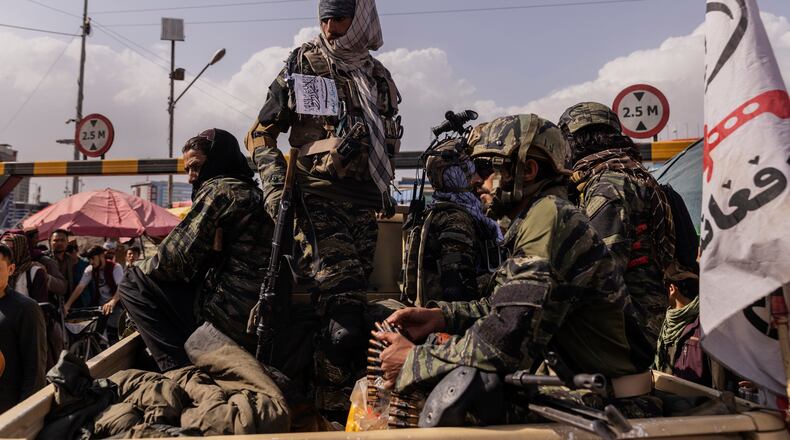Their primary sponsor, the neighboring Pakistan, has aided the group in ways ranging from providing sanctuaries, training their fighters, accommodating their leadership (The Quetta Shura, Haqqani Network, etc.) to providing political, strategic and financial support behind closed doors. Pakistan sees the Taliban less as a well-functioning group that’s capable of establishing a government in Afghanistan. Instead, they view the group more as a political proxy, stationed next door, working in concert with the Pakistani establishment to promote its regional interests, and use it as deterrence against India, Pakistan’s arch enemy.
The prospect of the Taliban forming an inclusive, diverse and functional government is hampered by internal strife. There are factions from various parts of the country, and they all have their own ideas about the direction of the organization. That has led to a struggle for power among its polarized leadership, and most importantly, little support from the people, most of whom do not want to live under Taliban rule again.
The group has been promoting a “we have changed for the better” narrative in hopes of being viewed as a legitimate government. They’ve also appointed a fluent Dari-speaking spokesperson to address the media in an effort to win over residents of Kabul, the largest city and the most important political hub. Those are all political antics.
This is an indication that the group has been advised to run an early Emirate-style “winning hearts and minds” campaign to gain people’s trust. The Taliban ignores the multiple crises at the Kabul airport just a few miles from where it speaks to the public to urge calm. The deadly suicide attacks at the airport on Thursday are testaments of the Taliban’s inability to protect its people and not allow other groups to operate within Afghanistan. Thirteen U.S. service members and at least 90 Afghans were killed. At least 140 people, including 18 American service members, were injured.
Afghans are worried about what is to come long-term as they anxiously await the formation of a new government. However, based on Afghanistan’s history, regime changes do not bode well. Over the last 100 years, more than 90% of Afghanistan’s undemocratic regimes have collapsed. There is very little hope that Taliban, a guerrilla group whose primary skill is fighting, is capable of creating an inclusive, diverse, fair and functioning government, let alone a democratic one.
They know the world is watching, and the Taliban wants other countries to take them seriously. But it’s only a matter of time before they return to ruling with brutal force and subjugation. Based on their history, it is not far-fetched to suggest that this group may force employees to work against their wishes, without pay, or face prison or even death.
As regular Afghans navigate the current crises, the Taliban will not resolve any of the humanitarian, socio-economic or political problems. The progress of the last 20 years will be erased. The world will share in the failure of a young Afghan democracy, however flawed.
It is unthinkable that only 10 years ago, more than 80 of the most advanced democracies in the world had over 150,000 troops in Afghanistan to fight this group. A terrible peace agreement, poor handover planning, a spectacular failure of intelligence along with a stunningly miscalculated exit strategy are costing ordinary Afghans.
When a young national team soccer player desperately hangs onto a plane and falls to his death, it is not only tragic, but a shameful example of a global humanitarian catastrophe. Afghans are once again left in the lion’s den. Any sane person will do anything to escape certain death.
Rahim A. is a native of Afghanistan and a Wright State University graduate. He asked that his full name not be used, given the current situation in his country.
